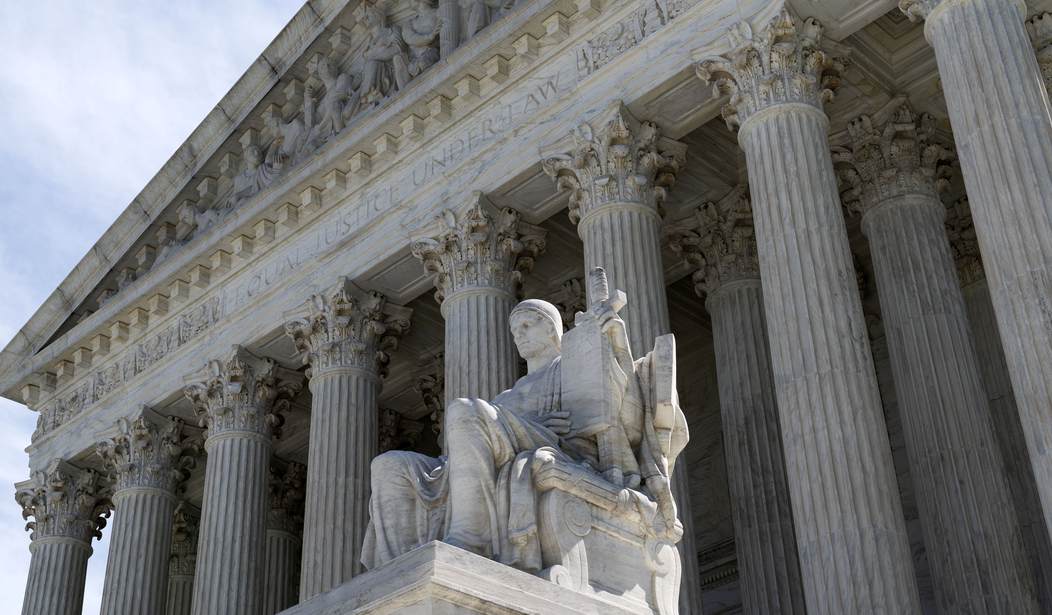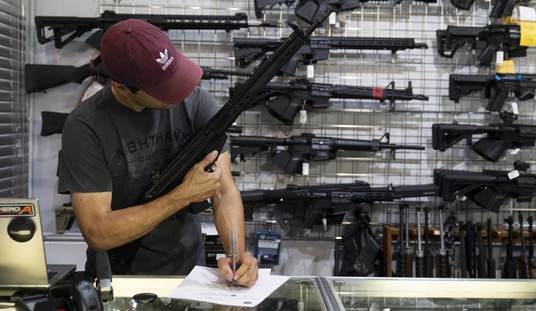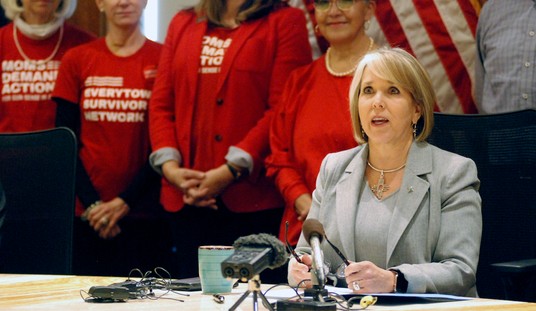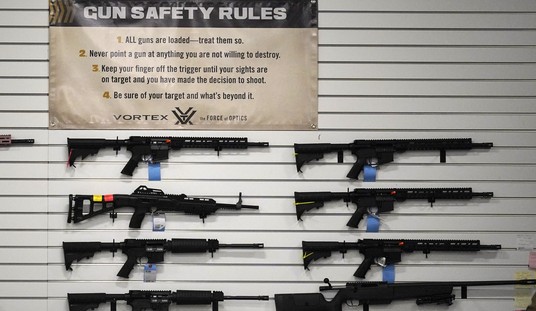As we wait for the Supreme Court ruling over New York’s requirement that those applying for a concealed carry permit show good cause before it’s issued, there’s plenty of time to talk about how a ruling will impact other states.
With this one, there’s a lot of wiggle room to make an impact. While a number of states have constitutional carry bills in the hopper for the next legislative session, the truth of the matter is it’s not out of the realm of possibility for the Court to rule constitutional carry is the law of the land.
It’s not likely, mind you, but there is a slim possibility of it happening.
Until a ruling is issued, we can only speculate on what it might do. However, the smart money is on the Supreme Court coming down and dictating shall-issue as the only acceptable licensing requirement.
It’s easy to think that shall-issue states won’t be impacted at all, but that’s not entirely true.
A decision expected next year by the U.S. Supreme Court on a New York state law restricting who can carry a weapon, concealed or not, in public could reshape how some states enforce concealed carry laws and permitting processes.
The case, New York State Rifle & Pistol Association Inc. v. Bruen, is a review of New York law that denies law-abiding citizens permission to carry a firearm unless they can demonstrate sufficient cause, which is determined by the state.
The New York law is restrictive compared with many other states’ laws on open and concealed firearm carrying, such as Colorado’s laws.
Cody Wisniewski, director of the Lakewood based Mountain States Legal Foundation’s Center to Keep and Bear Arms, served as counsel of record to the Supreme Court case.
Wisniewski said he thinks it is fairly unlikely the Supreme Court will rule in favor of New York. Even if it did, it wouldn’t immediately affect Colorado’s laws.
…
A ruling in favor of New York wouldn’t have a direct impact on “shall issue” states such as Colorado unless the state was already seeking to change from a “shall issue” state to a “may issue” state.
“If the Supreme Court upheld New York’s law, then Colorado could look to the New York model,” Wisniewski said.
He said that outcome is unlikely even in the event New York’s laws are upheld by the Supreme Court, but potentially, it could happen in Colorado and other states.
Wisniewski said New York’s model is problematic, not because the state has the right to regulate concealed carry – Colorado has and practices that right, he pointed out – but because New York’s model carries a “discretionary element.”
However, let’s think about Colorado for a moment. While they had a history of being fairly pro-gun, that went out the window years ago. They fully embraced gun control laws like magazine capacity limits and red flag laws, among other restrictions on people’s gun rights.
Wisniewski doesn’t think Colorado would immediately move to replicate New York’s model if the Supreme Court ruled in its favor, but he can’t guarantee it won’t happen ever.
See, once anti-gun lawmakers find out they can do something, it seems as if they think they must do that thing. It’s kind of sad, really.
If the Supreme Court decides New York’s law is constitutional – I have no idea how it could see it that way, but let’s acknowledge the possibility that all six conservative justices will fall and bump their heads before deciding – then a lot of states will likely try to enact the exact same law.
Colorado is, in my opinion, sure to be one of them.








Join the conversation as a VIP Member